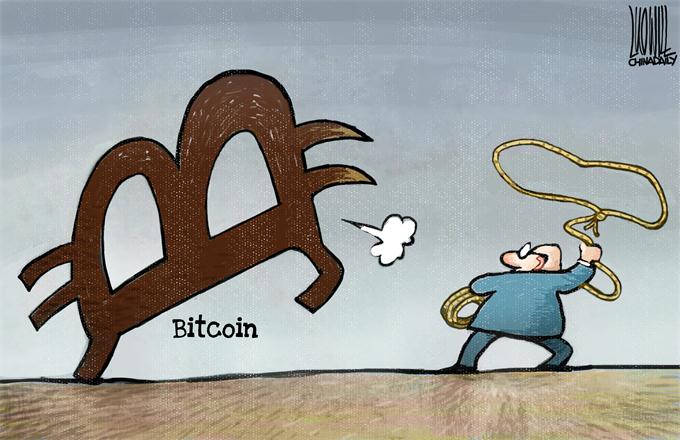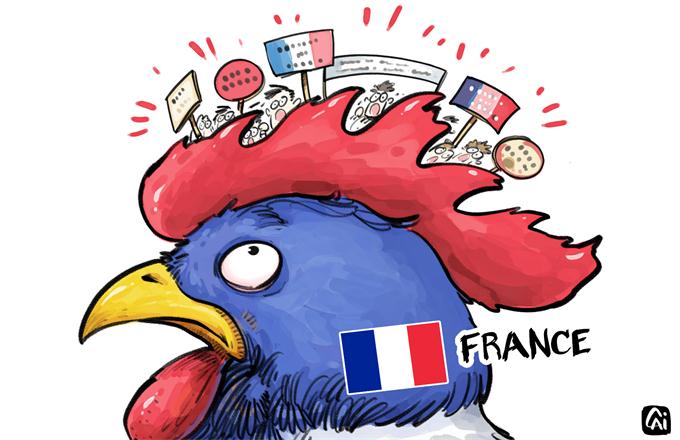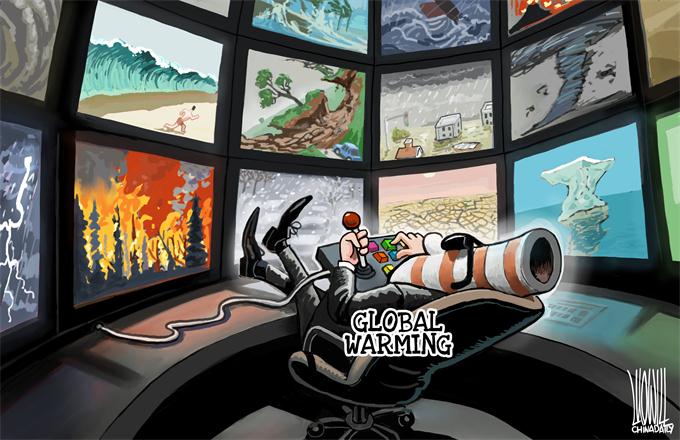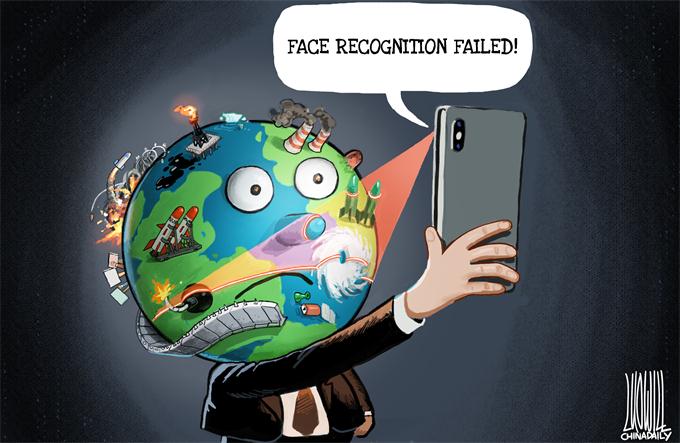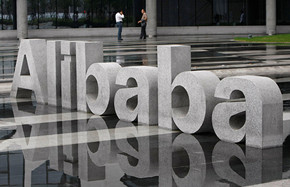Chinese Dream is well on its way to becoming reality
For China the five-year interval since the 18th Communist Party of China (CPC) Congress in 2012 has been marked by remarkable changes both internationally and domestically. China was the world’s leading power for more than a millennium until aggression by foreign powers beginning with Britain’s First Opium War in 1839 began the period of China’s national humiliation. Since President Xi Jinping took office the stain of that humiliation has now been removed and China has again assumed its place in the pantheon of global leadership.
Xi wasted no time in setting China’s course when he said in his now-famous November 2012 speech that “achieving the rejuvenation of the Chinese nation has been the greatest dream of the Chinese people since the advent of modern times”. In doing so he obviously concluded that China’s earlier policy of the 1980s, dictated by that era’s economic necessities as enunciated by Deng Xiaoping to “observe calmly, secure our position, cope with affairs calmly, hide our capacities and bide our time, be good at maintaining a low profile, and never claim leadership” was no longer applicable.
Several initiatives of Xi are illustrative. The Belt and Road Initiative (B&R), China’s environmental leadership in the Paris Accords, and China’s championing of globalization and global governance are some of them.
The B&R initiative was first announced in 2013. It has five broad goals of policy coordination; facilities connectivity; unrestricted trade; financial integration; and building networks of multilateral and bilateral people-to-people connections. The latter is clearly recognition that China sees B&R initiative providing economic as well as soft power benefits.
Together, its scale is mindboggling. The initiative already includes 68 countries and international organizations but since it is open to all participation will rise. So far 270 cooperation projects or agreements have been green-lighted. Long-term cumulative development investment is expected to be between $4 and $8 trillion. Former ambassador and President of the China Foreign Affairs University Wu Jianmin has rightly called the initiative “the most significant and far-reaching initiative that China has ever put forward”.
Another signal of China’s changed policies and status is Xi’s leadership in the Paris Agreement on climate change, working in concert with then US President Barack Obama. Xi’s leadership ensured that the Agreement became international law. Now that the US has begun the process of withdrawing from the Agreement, China is filling the leadership role left by the vacuum Trump created. The week after the US withdrawal was announced Xi convened and hosted a meeting of energy ministers in Beijing during which China launched initiatives and partnerships to promote clean energy and address climate change.
Just four days before the Trump inauguration, Xi became the first Chinese president to address the World Economic Forum in Davos, Switzerland, where he gave a spirited defense of globalization and confirmed China’s leadership. He said that “we should commit ourselves to growing an open global economy to share opportunities and interests through opening up and achieve win-win outcomes.”
Ian Bremmer, president of political risk consultancy Eurasia Group, concluded that the reaction to Xi’s speech by the Davos cognoscenti was “Success on all counts. Miles away from any official Chinese speech before”.
The next day Xi spoke in Geneva and pledged China’s active participation in global governance and international and multinational bodies to build a “community of shared future for mankind”. He also said “we should build a world of common security for all through joint efforts” and “stay committed to building a world of lasting peace through dialogue and consultation.”
Taken as a whole, China has clearly stepped in to fill the vacuum left primarily by the United States which, under Donald Trump and his policy of “America first”, appears to have abdicated its leadership at the helm of the world order it helped create and dominate in the aftermath of World War II. But back in 2012 or 2013 (or even in early 2016) who could have foreseen the sea change the world has undergone and for which the Chinese initiatives provide alternative solutions?
It’s a delicious irony that 178 years after the British precipitated China’s period of national humiliation its Prime Minister Theresa May borrowed many of the thoughts expressed in Xi’s 2012 Chinese Dream speech in her British Dream speech in Manchester on October 4. Especially given her tenuous position in her Conservative Party and in national polls, I’m firmly placing my bet on Xi, China and the Chinese people. With Brexit, it’s not at all certain that May’s British Dream will come true but it’s clear that Xi’s Chinese Dream is well on its way to becoming reality.
Harvey Dzodin is a Research Fellow of the Center for China and Globalization.


